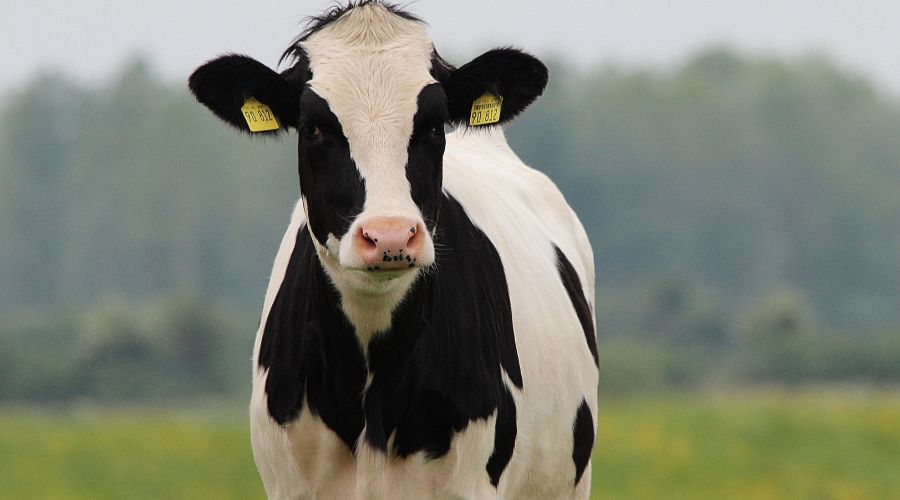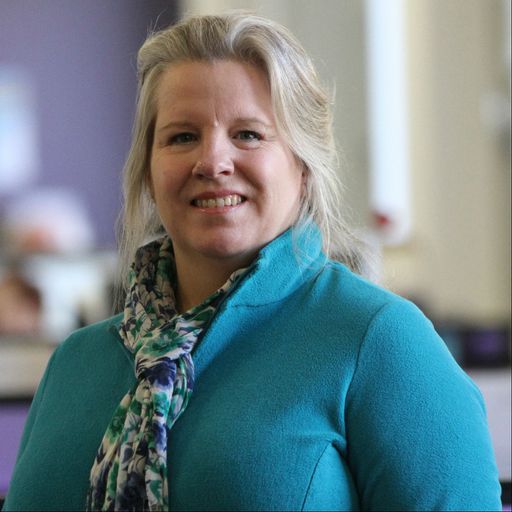BSE confirmed on Scottish farm
10th May 2024
Precautionary movement restrictions have been put in place after a case of classical Bovine Spongiform Encephalopathy (BSE) was confirmed on a farm in Ayrshire, Scotland.

The restrictions introduced at the impacted premises cover animals that have been in contact with the case.
Further investigations to identify the origin of the disease are ongoing. This is standard procedure for a confirmed case of classical BSE.
The case was identified as a result of routine surveillance and stringent control measures. It has been confirmed that the animals did not enter the human food chain.
Mad cow disease
BSE, also called mad cow disease, is a neurological disease in cattle that gets worse over time.
Instead of viruses or bacteria, it is caused by an infection from an abnormal version of a protein, called a prion. For reasons still unknown, this protein becomes harmful and destroys cattle’s nervous system tissue in the brain and spinal cord.
Cows with BSE may have trouble walking or standing up. They may seem nervous or aggressive.
It usually takes four to six years after a cow is infected with prions for it to show any signs of illness. There is no test for BSE in a living cow either. Once symptoms show up, cows usually die within weeks or months.
Swift and robust action
Food Standards Scotland have confirmed there is no risk to human health as a result of this isolated case.
The owners of the affected animals are working with authorities on next steps.

Agriculture minister Jim Fairlie said: “Following confirmation of a case of classical BSE in Ayrshire, the Scottish Government and other agencies took swift and robust action to protect the agriculture sector.
“This included establishing a precautionary movement ban on the farm.
“The fact we identified this isolated case so quickly is proof that our surveillance system for detecting this type of disease is working effectively.
“I want to thank the animal’s owner for their diligence. Their decisive action has allowed us to identify and isolate the case at speed, which has minimised its impact on the wider industry.”
Minimal risk

Chief veterinary officer Sheila Voas added that the fast detection of the case is proof that the surveillance system is “doing its job”.
“We are working closely with the Animal and Plant Health Agency, and other partners to identify where the disease came from.
“I want to reassure both farmers and the public that the risk associated with this isolated case is minimal. But, if any farmers are concerned, I would urge them to seek veterinary advice,” she said.
Safety of consumers remains priority
Ian McWatt, deputy chief executive of Food Standards Scotland, confirmed that strict controls have been put in place to protect consumers from the risk of BSE, including controls on animal feed and the removal of the parts of cattle most likely to carry BSE infectivity.
He added: “Consumers can be reassured that these important protection measures remain in place and that Food Standards Scotland official veterinarians and meat hygiene inspectors working in all abattoirs in Scotland will continue to ensure that, in respect of BSE controls, the safety of consumers remains a priority.
“We will continue to work closely with Scottish Government, other agencies and industry at this time.”
The Animal Plant and Health Agency (APHA) is investigating the source of the outbreak. All animals over four years of age that die on farms are routinely tested for BSE under the comprehensive surveillance system.
While the disease is not directly transmitted from animal to animal, its cohorts, including offspring, have been traced and isolated and will be destroyed in line with legal requirements.
In addition to the measures in place for fallen stock and animal feed, there is a strict control regime to protect consumers. This includes the removal of specified risk material, such as the spinal column, brain and skull from carcasses destined for human consumption.
Movement restrictions have also been put in place at three further farms – one of the animal’s origin and two more holdings where animals that have had access to the same feed presently are.
Read more livestock news.



